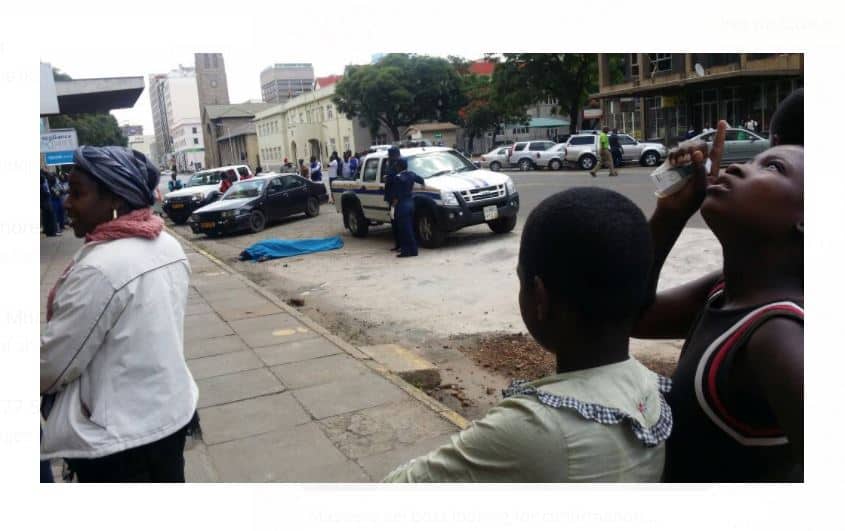zwnews.com Investigative Reporter
Reports that Charles Kuwaza, former State Procurement Board (SPB) boss had committed suicide went haywire a few days ago, with some publication categorically stating that he took his own life as if writing from a police confirmation to that effect.
This school of thought could be true, owing to the gravity of the charges he was facing, but let us not also completely rule murder, there are people who would want him dead so as to avoid being implicated.
Judging from how corruption had been institutionalized in Zimbabwe it is also possible that some of his accomplices were big names, and would at all cost want to conceal their fingerprints in the case, even to the extent of killing someone.
Kuwaza’s post-mortem is expected to be done today. He was out US $2000 on bail, and had gone to collect some of his defense papers at his office when his body was discovered lying down lifeless, raising rumors that he had thrown himself from the 9th floor.
Meanwhile, the Confederation of Zimbabwe Industries (CZI) and its partners’ Zimbabwe Corruption in Business Survey 2016 have revealed that the SPB was the second most corrupt institution in Zimbabwe, after the Zimbabwe Republic Police.
Public procurement in Zimbabwe has been dogged by irregularities in the whole system.
In his study, titled Public Procurement in Zimbabwe Issues and Challenges, UNISA graduate Daniel Chigudu shows that despite the presence of some regulations, public officials manipulate tender procedures for personal gains.
“In Zimbabwe, the flagrant abuse of the procurement system is largely due to the fact that there is hardly any consistent enforcement of the rules and regulations. The procurement entities pretend to comply with procurement procedures while in actual fact compromising the spirit of the rules,” he wrote.
He added that Zimbabwe has maintained this basic structure. This has proven to be problematic because such regulations apply mainly to central government. This leaves local authorities and state owned enterprises to create their own systems of procurement.
SPB officers are high public officers, they purchase goods on behalf of the state and its departments, and SPB being a public entity, its tender scams could suck in high government personnel including ministers if well investigated. Meanwhile, members of the Zimbabwe Anti-Corruption Commission have recently expressed concern over threats from cabinet ministers as the body investigates cases of corruption involving high public officials.













